World Milk Day 2024 Report – Celebrating Dairy’s Vital Role in Nutrition and Sustainability
This year, on June 1, we celebrated the vital role that dairy plays in delivering…
October in Rome typically brings beautiful warm weather, a slew of wine and food festivals and hundreds of business professionals, delegates, and government officials to take part in the annual session of the Committee on World Food Security (CFS). CFS members include 130 Member States, the Civil Society Mechanism, and the Private Sector Mechanism (PSM), and team members from Emerging ag assist with the Secretariat services. Every year over 1,000 people participate in the plenary sessions that take part throughout the week. In the wake of COVID-19 an in-person session was not able to take place. Instead, the CFS Secretariat worked hard to put on a CFS Special High-Level Event. Over the course of three days, October 13 – 15, 12 partner events were hosted as well as a total 9 hours of plenary discussions.
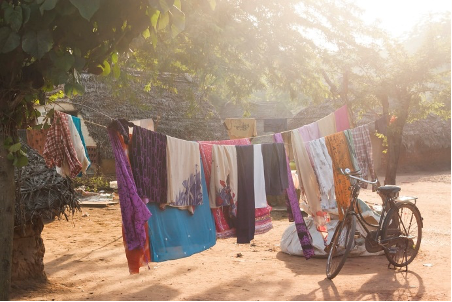
The PSM wishes to sincerely thank all delegates who participated in the CFS High-Level Special Event on Strengthening Global Governance of Food Security and Nutrition. As a result of the delegates engagement, expert knowledge, and professionalism, the Secretariat was able to highlight the private sector’s commitment to ending hunger, malnutrition, and food insecurity for all and desire and willingness to engage with all stakeholders to achieve this goal. This sends a strong signal as we move towards the Food Systems Summit next year.
The Private Sector Mechanism was proud of this year’s delegation, especially in the wake of COVID-19 and the new virtual format of the event. Of course, none of the activities would be possible without the generosity the PSM funders, whose voluntary contributions support the work of the PSM Secretariat. The PSM is more active and engaged with the CFS than ever before, and we look forward to continuing our close collaboration with you to ensure that its activity in this forum continues to grow. It was reiterated during the event that, CFS47 is expected to take place 8 – 12 February 2021.
Key achievements for the Private Sector Mechanism during the Special High-Level Event of the CFS include:
• A delegation of 73 business leaders and participants registered from 22 countries.
• In three Plenary sessions, PSM was formally represented on each of the panels, able to make interventions and engage in Q & A sessions. In addition, PSM members were able to post comments and links/references to PSM position papers and posed questions to Panellists.
• PSM members, led by the Grain and Feed Trade Association (GAFTA), organized a Partner Event with the participation of over 150 people, including Member States, government officials and other stakeholders. The partner event was entitled ‘The important role of trade in promoting resilience in our global food systems’ and was co-hosted together with the World Trade Organization (WTO) and the Food and Agriculture Organization of the United Nations (FAO) representatives. Lessons from the event were shared from a wide range of perspectives: African grain sector, the Organisation for Economic Co-operation and Development (OECD), WTO, smallholder farmer, Brazilian and US officials. Key takeaways focused on the incredible stress test COVID-19 has placed for food systems, but also clear examples of the resilience of markets, the benefits and importance of unfettered trade. In addition, early informal feedback from the CFS Secretariat has indicated interest to explore additional ways for the CFS to discuss the role trade plays in FSN.
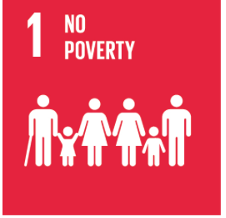
• In addition, members of the PSM delegation attended all 11 other Partner Events, posting questions, and making on-line observations and comments in the chat function. Importantly, the establishment of WhatsApp groups allowed all PSM participants to engage with each other, share views, insights and positions and contribute to PSM agreed points that were subsequently posted in chat.
• In place of the in-person High-Level Dinner, the PSM hosted a virtual High-Level Food Systems Dialogue. The event was hugely successful, bringing together over 200 guests, including Ambassadors, Representatives of CFS Member States, UN agencies, NGOs, and companies. The discussion of the dialogue was focussed around the five action tracks of the upcoming Food Systems Summit. A special thank you to the sponsors, Danone and Rabobank for this wonderful opportunity.
In addition, a GASCA Partner Event on investment in Climate Smart Agriculture brought important perspectives both to the process of virtual meetings and the importance of supporting and building on the ongoing CSA work. In terms of process, the event showed the work GACSA put into development, coordination, and rehearsing. In terms of content, the GACSA event highlighted how CSA incorporates issues like improved soil health management and the impact that has on climate, nature, productivity, water and livelihoods improvements and emphasised the need for science to lead the way for solutions that farmers can apply.
CFS PLENARY
Day One: Overview of the Global Food Security and Nutrition Situation: “Exploring implications and recommendations of the SOFI 2020 Report and the CFS HLPE Report on Building a Global Narrative towards 2030”
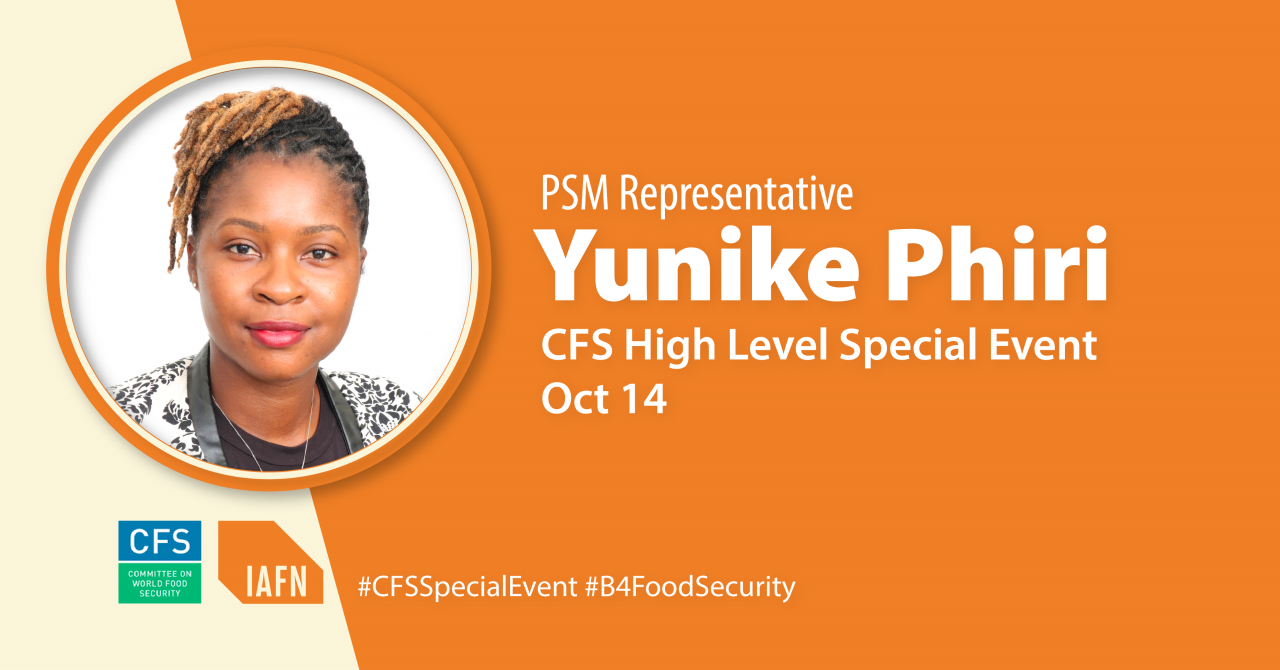
Each of the heads of the Rome based agencies, FAO, the International Fund for Agricultural Development (IFAD) and the World Food Programme (WFP), highlighted how their institutions were responding to the COVID-19 pandemic and the need to build resilience in food systems. The FAO Director-General, QU Dongyu, emphasised his commitment to innovation as a ‘central focus’ of FAO’s work and the need for private sector engagement. The President of IFAD, Gilbert Houngbo, emphasised the continued under investment in agriculture and the need to upscale digital technology to transform agriculture. The Executive Director of WFP, David Beasley, elaborate how the progress in FSN had been slowing down over the past 3-4 years, now accentuated by COVID-19, and the need all to work together, with more investment and funding, to alleviate the pending crisis. Further panellists, including those from CGIAR, highlighted the need for more public and private research to strengthen agriculture while in the subsequent Q&A, the FAO noted, based on FAO analysis: “of not referring to family farms and small farms (i.e., those of less than 2 hectares) interchangeably: the latter account for 84 percent of all farms worldwide, but operate only around 12 percent of all agricultural land, and produce roughly 36 percent of the world’s food”.
Day Two: COVID-19 and its impacts on global food security and nutrition – what can stakeholders do to respond, rebuild and strengthen resilience ahead of future zoonotic diseases
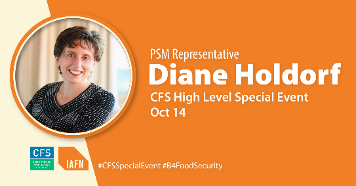
A well-chaired session by Dr David Nabarro began with a keynote address by Tedros Adhanom Ghebreyesus, Director-General World Health Organization who emphasised the need for access to safe, nutritious and affordable diets; the need to meet national dietary guidelines; and, the needs for governments to adopt a ‘whole of government approach’, and not, as subsequent speakers noted, to work in isolation or silos. Subsequent speakers and panellists highlighted the concern that the COVID-19 pandemic was contributing to poverty, hunger, malnutrition throughout the world; that social protection schemes were found wanting; that a food systems approach was required to respond and that approach should recognise the convergence of systems of agriculture, health, trade, environment and labour; and, that governments, universities, institutions needed to be agile and flexible.
Day Three: Food System Transformation: The upcoming CFS Voluntary Guidelines on Food Systems and Nutrition, the CFS Policy Recommendations on Agroecological and other Innovative Approaches, and their relevance to the objectives of the UN Food Systems Summit
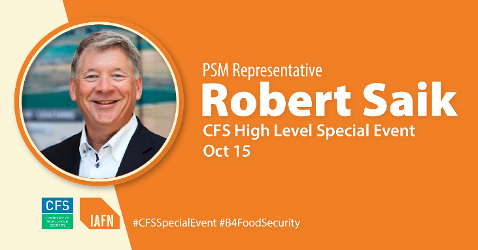
The session, following a keynote address on rethinking the governance of food systems to achieve SDG 2 by Amina Mohammed, UN Deputy Secretary-General explored the current work being carried out to conclude negotiations on the Voluntary Guidelines on Food Systems and Nutrition and the upcoming negotiations on Agroecological and Other Innovative Approaches and the forthcoming Food System Summit. Key issues that emerged from the discussion were that both CFS and the Food Systems Summit remain key for multistakeholder engagement and both bring comparative advantages in terms of how they work and engage stakeholders. However, as Agnes Kalibata remarked there is a need for ‘engagement’ and a focus on ‘solutions’ and, as she remarked, the position of CSM in critiquing the management, scope and process for the FSS needed some reflection by the Civil Society Mechanism going forward. Additionally, the theme of ‘global problems but local solutions’, therefore highlighting the importance of national and regional context was increasingly referred to. This also brought out the recognition of the need to develop modalities for dialogue on the trade-offs that need to be had concerning production, health, diets, climate change, biodiversity, maintaining rural livelihoods and the systems, innovations and technologies necessary for sustainable systems to be developed.